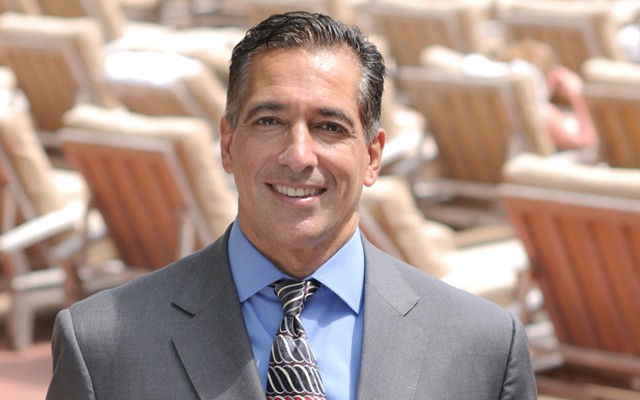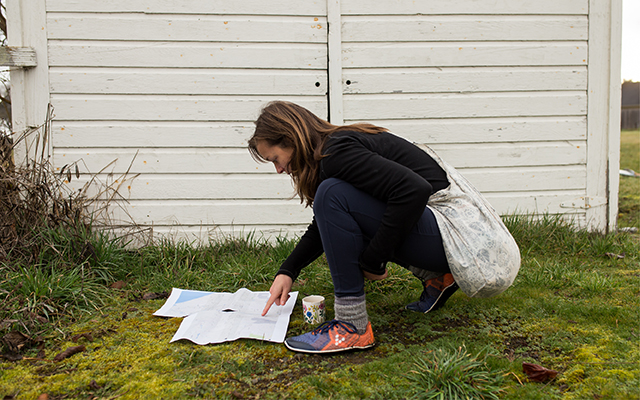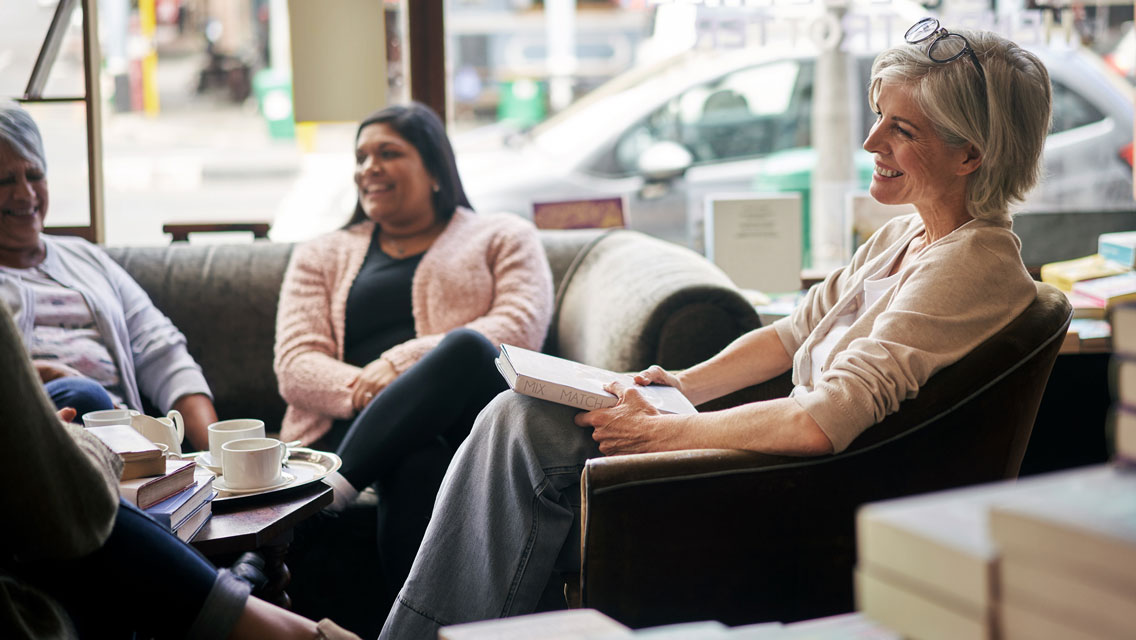As we approach America’s Independence Day, I find myself once again drawn to the topic of respect — as it relates to the state of our society and country, as well as our individual health and well-being. I’ve addressed this a few times over the past couple of years, which may seem odd for the founder of a healthy-way-of-life organization. But here’s why: At Life Time, we are intent on creating a healthier nation and world, and I believe a culture that’s built on respect is an essential element of that.
Right now, however, we are living in cynical times. Since immigrating to the United States in the late 1970s, I don’t recall another period in which disrespect, anger, prejudice, and fear were so dominant. Every day, there seems to be another example of a breakdown in civility — in our government, our communities, our schools, our homes, and toward each other, the environment, even our own bodies.
Too often, these attitudes and behaviors are being accepted rather than discouraged. They are becoming the norm rather than the exception.
Consider the unprecedented disrespect by students toward teachers, the growing contention between law enforcement and civilians, and the uncompromising discourse among our politicians. Resistance to “the other’s” perspective seems to be increasing and intensifying.
This negativity just breeds more negativity, creating a culture of “us versus them.” If this unhealthy mentality continues spreading as rapidly as it is, our collective morale will erode, to both our nation’s detriment and our own.
So how can we encourage and contribute to a more respectful, engaged society, in spite of different backgrounds and beliefs?
I believe it starts within each of us.
We need to take the time to understand the views that drive our words and actions (many of which are unconscious), and be willing to challenge our own biases. This isn’t easy work — it forces us to confront parts of ourselves we’d rather ignore or hide away — but it’s critically important.
We need to be willing to give the other side a chance and to really listen. If we still disagree after that, we need to be willing to accept an opposing view without degrading it. Healthy debate is essential in personal relationships, in professional endeavors, and in a democracy.
We need to recognize that we have the power to influence what’s happening around us. When we choose to respect each other, to expect respect in return, and to call out instances of disrespect when we see it, we are leading the way for positive change. And that may just inspire others to follow suit.
Collectively, we can make respectful interactions and behaviors the norm, which can also benefit our personal health and well-being.
As you’ve read many times in this magazine, positive behaviors can help counteract the stressors that do physiological damage in our bodies. Negative thoughts, including those of disrespect, can trigger the stress response. If this goes unaddressed and is sustained over time, it can lead to inflammation and cause a variety of health conditions, including depression, digestive problems, and cancer.
So you see, when we shift from a mindset of disrespect to one of respect, we can quite literally change our health — down to the cellular level — for the better. That alone seems like a good reason to embrace respect as a guiding principle, if not for others, then for ourselves.
That and the fact that many generations before ours risked and gave their lives so we’d now have the freedom of self-determination. My hope going forward is that we’ll each choose to respect one another, for the good of all.
Wishing you and yours a healthy summer and a happy Fourth of July!




This Post Has 0 Comments